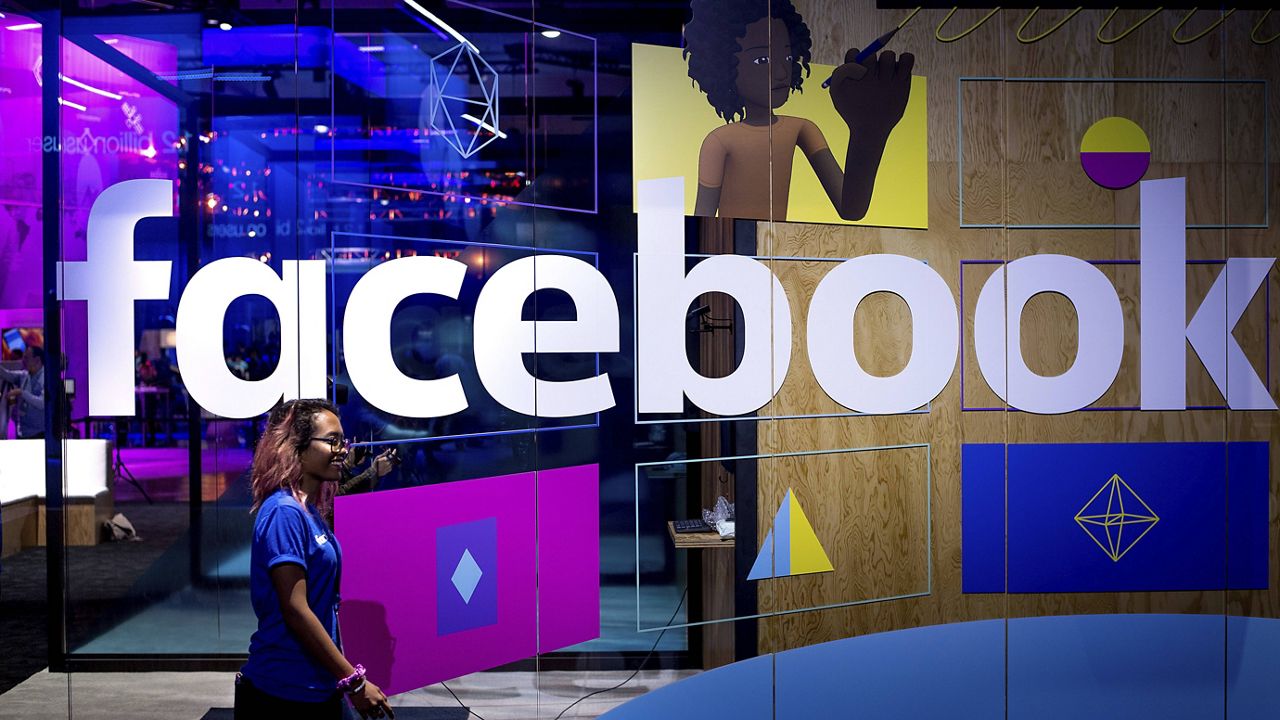Facebook launched podcasts and live audio streams in the U.S. on Monday to keep users engaged on its platform and to compete with emerging rivals such as Clubhouse.
What You Need To Know
- Facebook launched podcasts and live audio streams in the U.S. on Monday to keep users engaged on its platform and to compete with emerging rivals such as Clubhouse
- Facebook says it is allowing public figures with verified accounts to start live audio rooms and invite anyone else to speak
- A handful of podcasts will be available to people in the U.S. at first and the company plans to add more down the line
- But podcasts and live audio have also been an outlet for racism, misinformation and extremist material
Facebook says it is allowing public figures with verified accounts to start live audio rooms and invite anyone else to speak. A handful of podcasts will be available to people in the U.S. at first and the company plans to add more down the line.
CEO Mark Zuckerberg, who has appeared on Clubhouse, an invite-only audio streaming app, in the past, hosted his own live audio room on his Facebook page last week.
“Live Audio Rooms and podcasts rolling out in the US is just the beginning of our audio journey," Fidji Simo, head of the Facebook app, wrote in a blog post Monday. “Looking ahead, we are working with creators who will use our audio tools to further develop and launch Soundbites — short-form, creative audio clips."
In addition to Clubhouse, Facebook joins Twitter, Spotify and the messaging platform Discord, which have also launched their live audio features.
Early adopters for Facebook Live Audio Rooms include electronic music artist TOKiMONSTA and NFL quarterback Russell Wilson, with plans for rapper “Queer Eye” interior designer Bobby Berk, fashion designer Tina Knowles-Lawson, and rapper and former Spotify podcast star Joe Budden, Tech Crunch reported.
But podcasts and live audio have also been an outlet for racism, misinformation and extremist material. Live audio is particularly difficult to moderate, compared with traditional social media posts.
Facebook, which announced its audio plans to push into audio streams in April, says its rules apply to live audio and podcasts and anyone can report offending material.
“In addition, our broader integrity and safety work and the tools we have built for proactively and automatically identifying harmful content are great building blocks, but we plan to adapt tech and processes as we learn more," the company said in a prepared statement.
The company says that it may also retain live audio after it is no longer live to enforce its policies, which will be done both by human moderators and machine learning.
